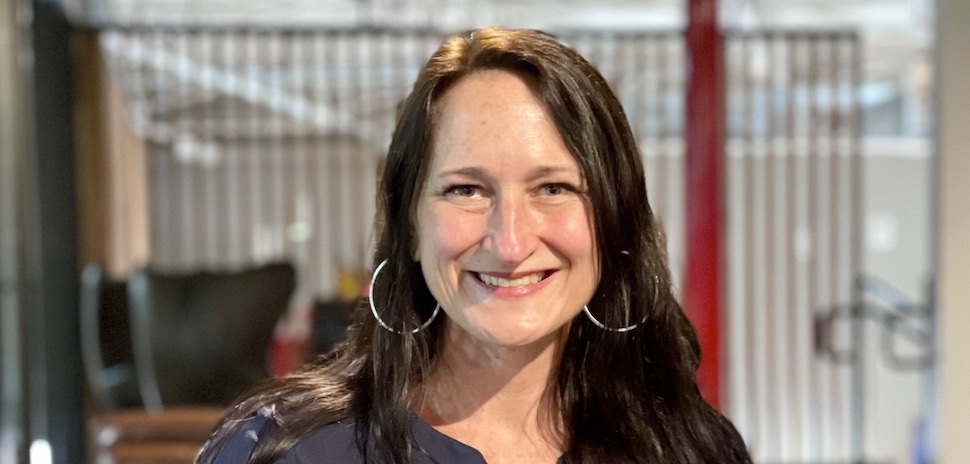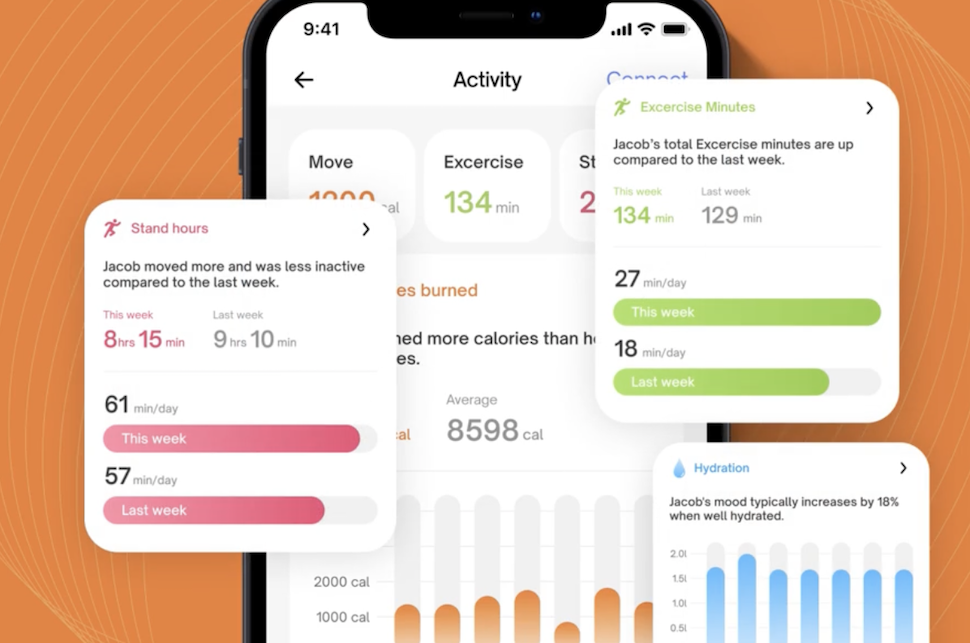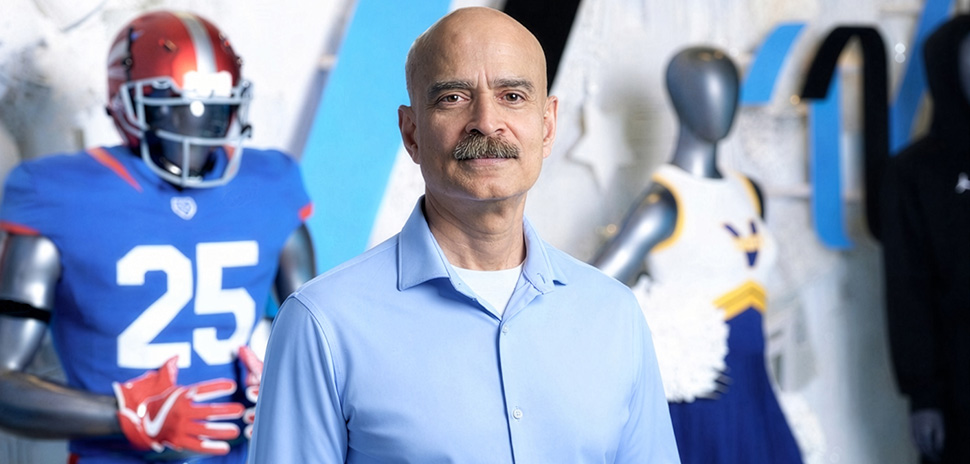For people on the autism spectrum—especially kids—daily routines can be a lifeline. That’s why ASD.ai launched the Rootines app, to make tracking routines easy and insightful for parents and caregivers alike. Now the Dallas-area startup has gotten a boost with a $1 million angel investment from Pittsburgh-based Determined Capital.
Tamera Jackson, ASD.ai’s co-founder and CEO, said Determined Capital’s founder Tim Davis discovered her startup through a friend.
“He saw what we were doing and became excited about the possibilities,” Jackson told Dallas Innovates. “Not just for autism, but across a wide range of neurodiverse issues. He very much wanted to be a part of it and he’s our sole angel investor.”
The funds will be used for key hires and further product development for the startup, based in Red Oak just south of Dallas. It will also help complete a web portal to enable B2B applications and support commercial users such as therapist’s offices and hospitals.
 Only two months ago, ASD.ai received a grant from Microsoft for Startups, a global program aimed at accelerating the trajectory of high-potential startups. The company gained access to Microsoft tech, mentorship, and business support.
Only two months ago, ASD.ai received a grant from Microsoft for Startups, a global program aimed at accelerating the trajectory of high-potential startups. The company gained access to Microsoft tech, mentorship, and business support.
How one boy’s story led to Rootines
Rootines, an app available on iOS and soon on Android as well, is a digital diary that helps parents and caregivers track the daily routines of someone with autism spectrum disorder—and coming soon, those with other conditions like ADHD and bipolar disorder as well.
Jackson saw the need for it a few years ago when she became close to her friend’s son, who had autism.
“You don’t fit autistic people into your world, you fit theirs,” she said of the boy, whom she calls “one of my favorite humans on the planet.”

Tamera Jackson, co-founder and CEO of ASD.ai [Photo: ASD.ai]
Visiting the boy in a group home, she was surprised to see how little technology was used. Records about important things like having meltdowns or missing proper hydration were written “with pencil and paper.”
“It presented problems in many facets,” Jackson said, including high staff turnovers. “It was very hard to keep people trained on not just triggers and issues within a specific syndrome, but the individual’s triggers. Maybe sleep is disrupted and that’s a sign that medication needs to be adjusted, but people are just missing it. Then it leads to behavior outbursts and things that can be negative for everybody.”
“I was just shocked that there wasn’t more support for the caregivers and for the patients themselves,” she said. “And I started becoming pretty passionate about trying to make that happen.”
ASD.ai founded in January 2020
Jackson had worked in the connected vehicle space at General Motors before owning her own Chevrolet dealership in Middletown, Connecticut from 2012 to 2019. So she had some background in technology.
Now she saw a way to help people navigate a different kind of road—by getting them through the day with fewer meltdowns, more consistent moods, adequate hydration, and other benefits that routine tracking can lead to.
“I’m not a coder, but I know enough to be dangerous about the possibilities of what technology can do,” she said.

The Rootines app helps track the daily routines of people with Autism and soon, other conditions like ADHD and bi-polar disorders [Image: Routines]
Jackson moved to Red Oak, a suburb south of Dallas, and teamed up with her two co-founders, Dominic Foster and Blake Rutherford—who had previously developed technology called NicView, which enables parents to view their premature baby in a neonatal ICU through a special camera system, 24/7. The two founders sold their company to California-based Natus Medical in 2015 and worked there several years before joining ASD.ai. Foster is the startup’s chief technology officer; Rutherford is chief marketing officer. Jerome Pascua is the company’s senior VP of software.
Tracking routines—with AI and machine learning on the back end
The Rootines app is designed with a streamlined, easy-to-use interface. It allows parents or caregivers to track various aspects of an individual’s daily routine, from recording moods and meldowns to medications, sleep patterns, hydration, and more.
User-friendly emoticons can note the person’s mood with a simple click, recording when they’re happy, sad, angry, anxious, or experiencing other emotions. On the back end, artificial intelligence and machine learning “connect the dots” to reveal patterns that might have been missed. That can lead to potential interventions to help regulate mood and improve the person’s quality of life.
Expanding web portal and moving into doctor’s offices
“We started with autism and we’re now going to be expanding to other neurodiversity issues like ADHD and bipolar disorder,” Jackson said, broadening the platform’s reach and capabilities.
The team plans to have their app available on the Android platform later this fall, and they’re actively looking to expand their service into therapist’s offices and hospitals.
Jackson can’t wait to get her small team and their platform further down the road.
“When you’re at this stage you’re thinking of everything it’s going to become in the future, and as the founder and somebody working on it, it makes you very restless and impatient,” Jackson told us. “But we’re proud of what’s out there.”
![]()
Get on the list.
Dallas Innovates, every day.
Sign up to keep your eye on what’s new and next in Dallas-Fort Worth, every day.




























